What Does Formatting A Hard Drive Do?

I think there's an issue with my storage device, but I'm not sure
Start a free evaluationWhat happens when you format a hard drive? This is a good question to ask in computing. Formatting a hard drive is the process of deleting all the data on a disk and creating new file systems. This can be done for different reasons, such as to improve performance or remove viruses.
What does formatting a hard drive mean? It deletes all the data on the drive and creates new file systems. However, it's important to remember that this process also has consequences. Always back up your data before formatting, and only do it when absolutely necessary.
What does formatting a hard drive do?
When you format a hard drive, you're essentially starting from scratch. All the data on the drive is erased, and then it creates a new file system, which you can choose while formatting the HDD. This process can improve performance and remove viruses. However, it's important to remember that any data that was stored on the drive will also be erased. That's why it's critical to always back up your data before formatting. Formatting a hard drive frequently can also have consequences, such as permanent data loss and decreasing the disk’s lifespan. Erase the data. Formatting a hard drive removes all the data on it and makes it available to store new data. It also can help improve the performance of your device because it removes any file corruption that may have occurred. As well as remove any viruses that might be present. Changes the file system format. When you format a hard drive, you're essentially starting from scratch. This means it’ll automatically set a new file system format unless you add the file system you need. Depending on the device you’re using your hard drive with, some file systems formats won’t work, and then you may need to reformat your HDD to choose the right system format. Disk performance. Formatting the hard disk can help to improve performance because there won't be any unnecessary files taking up space on your hard drive. Additionally, if there were any bad sectors on the drive, they would also be wiped clean during the formatting process.
Hard Drive Formatting FAQ
Is formatting a hard drive irreversible?
Yes and no. It all depends on the actions after the formatting. As long as nothing has been saved since, and the data has not been overwritten, there's a chance to recover the HDD files.Otherwise, formatting a hard drive is an irreversible process.
Can I recover my data after hard disk formatting?
Yes, as long the data has not been overwritten. So if you accidentally format your hard drive, contact SalvageData immediately to restore your files. There is some data recovery software that may be able to recover some of your lost data. But there's no guarantee that they'll be able to recover everything and only a backup can guarantee your data back in this scenario.
What are the consequences of formatting hard drives too often?
Every time you format a drive, you're essentially writing over the data that was previously there. This can cause the drive to wear out more quickly. That's why it's important to only format a hard drive when necessary.
TL; DR: Formatting a hard drive has several outcomes, some you can control, such as choosing a new file system, and some may be irreversible (data erasing), and you can improve your disk performance, as well wear it out if you format your hard drive too often. And in all cases, always make a backup before formatting the HDD to avoid permanent data loss.
Related services
These are the most commonly requested data recovery services. At our headquarters' cleanroom lab, our certified engineers conduct a thorough review of any type of physical storage device, determining if there is logical or physical damage and carefully restoring all of the lost files.ces.

External Drive Data Recovery
We recover data from both external SSD and HDD drives. Rely on certified experts to restore your important files from damaged or corrupted external drives.
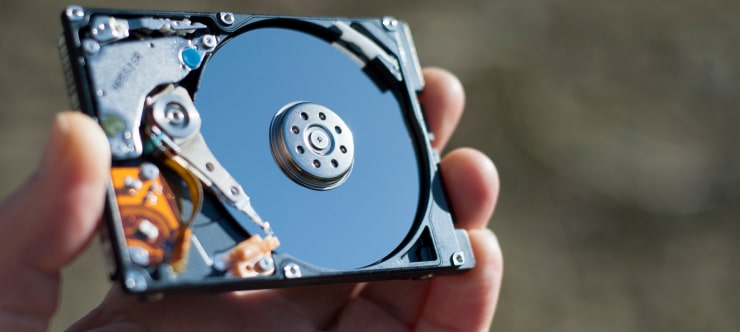
Hard Drive Data Recovery
Recover data from all brands of HDD, PC hard drives, and hybrid disks. Our specialists ensure fast and secure recovery for any data loss scenario.

NAS Data Recovery
Recover data from NAS devices, including RAID configurations. Our team handles all types of NAS systems and ensures data recovery with minimal downtime.
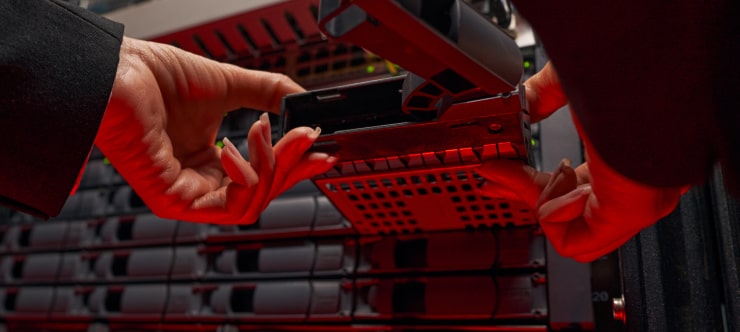
RAID Data Recovery
Our RAID data recovery services cover RAID 0, 1, 5, 10, and other configurations. We offer expert solutions for failed, degraded, or corrupted RAID arrays.
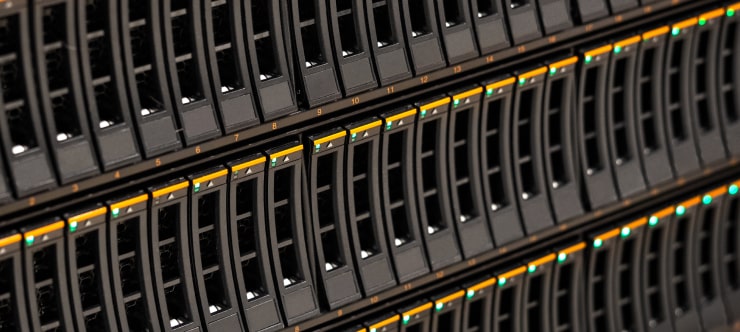
SAN Data Recovery
Our team specializes in handling SAN devices from leading manufacturers like Dell EMC, HP, and IBM, ensuring efficient recovery with minimal disruption to your operations.
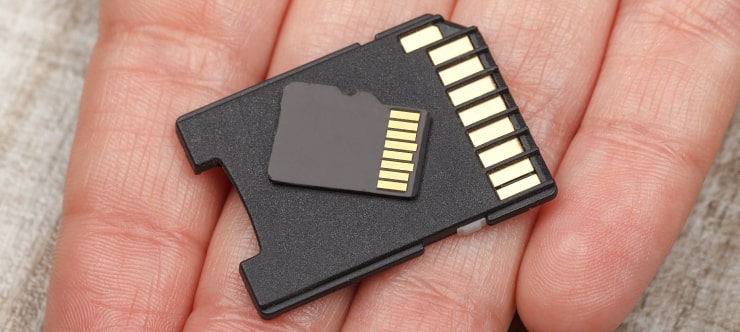
SD Card Data Recovery
Our recovery experts specialize in restoring data from SD and memory cards. We guarantee quick recovery with a no-data, no-charge policy.
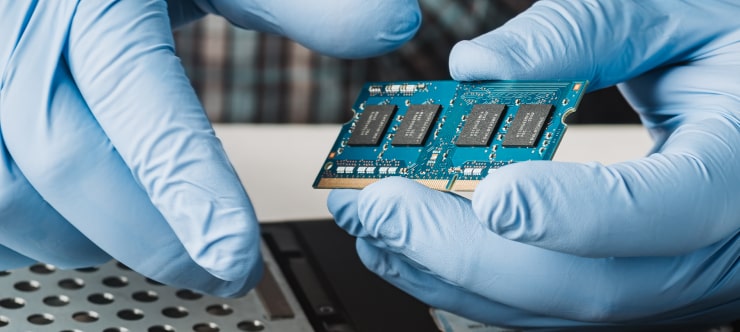
SSD Data Recovery
Our data recovery experts handle all SSD data loss scenarios with advanced tools, ensuring maximum recovery with high-security protocols.

USB Flash Drive Data Recovery
Recover lost data from USB flash drives, regardless of the damage or brand. We offer free in-lab evaluations to assess data recovery needs.
If you’re unsure about which data recovery service to choose, let our team assist you in selecting the appropriate solutions. We understand the anxiety that comes with a sudden drive failure, and we are more prompt in our actions compared to other recovery service providers.



